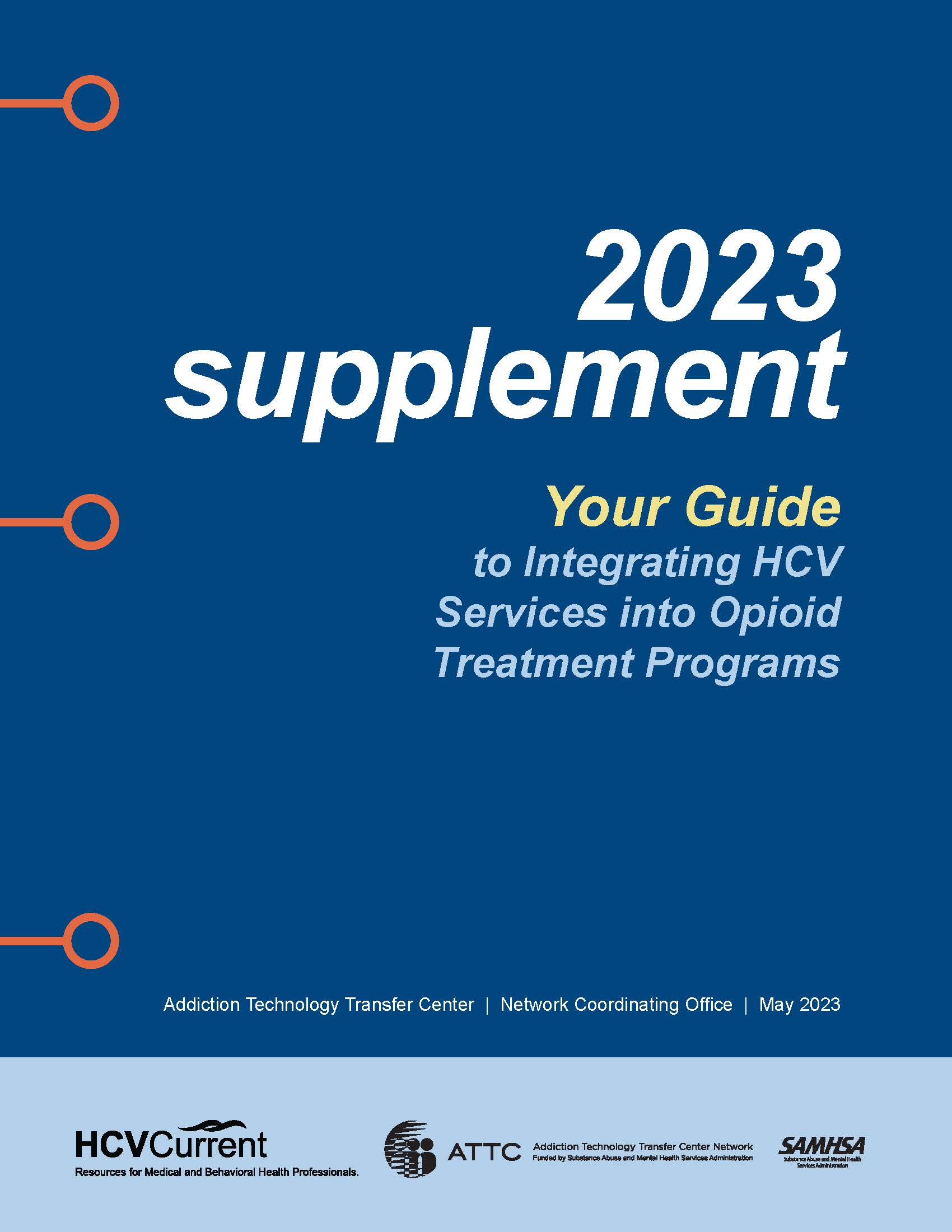Methadone programs provide ideal environments to treat hepatitis C (HCV) because methadone patients have a high HCV prevalence (often more than 30%), and, in many cases, go to the programs daily in order to receive their methadone. Policy barriers separate drug treatment and primary care, often making it challenging to provide non-methadone medications in methadone programs. The Addiction Technology Training Center (ATTC) at the University of Missouri-Kansas City released a toolkit entitled Your Guide to Integrating HCV Services into Opioid Treatment Programs, Promising and Emerging Best Practices in July 2020.
Facente Consulting worked with the UMKC ATTC to develop a supplement to the 2020 toolkit. In doing so, we wrote up case studies of three methadone programs that had successfully integrated HCV services into their model and completed literature reviews and summary write-ups on several topics, including COVID-19 vulnerability for people who use drugs (PWUD); updated data trends on HIV, HCV, and overdose; and the reclassification of hepatitis C testing.
